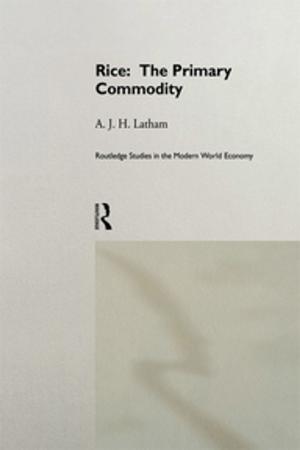The Politics of Egypt
State-Society Relationship
Nonfiction, History, Africa, Egypt, Social & Cultural Studies, Social Science| Author: | Ninette S. Fahmy | ISBN: | 9781136129940 |
| Publisher: | Taylor and Francis | Publication: | October 12, 2012 |
| Imprint: | Routledge | Language: | English |
| Author: | Ninette S. Fahmy |
| ISBN: | 9781136129940 |
| Publisher: | Taylor and Francis |
| Publication: | October 12, 2012 |
| Imprint: | Routledge |
| Language: | English |
This book addresses two important matters of current concern to Middle East scholars: firstly, the nature of the Egyptian state and society and the interactive process between them and secondly, how change, which would finally lead to development, can be initiated. The book argues that the Egyptian case represents a weak authoritarian state, which through its coercive and repressive policies towards various societal forces, political parties, professional associations and organisations and individuals, creates a weak society. Individual behaviour in urban and rural communities, sometimes viewed as signs of the strength of societal forces, is seen here as a symptom of a weak and fragmented society. The existence of a weak society in turn impedes government objectives and hinders the implementation of developmental policies and programmes, further weakening the state. This being the case, change has to be initiated externally in both the political and economic spheres.
This book addresses two important matters of current concern to Middle East scholars: firstly, the nature of the Egyptian state and society and the interactive process between them and secondly, how change, which would finally lead to development, can be initiated. The book argues that the Egyptian case represents a weak authoritarian state, which through its coercive and repressive policies towards various societal forces, political parties, professional associations and organisations and individuals, creates a weak society. Individual behaviour in urban and rural communities, sometimes viewed as signs of the strength of societal forces, is seen here as a symptom of a weak and fragmented society. The existence of a weak society in turn impedes government objectives and hinders the implementation of developmental policies and programmes, further weakening the state. This being the case, change has to be initiated externally in both the political and economic spheres.















